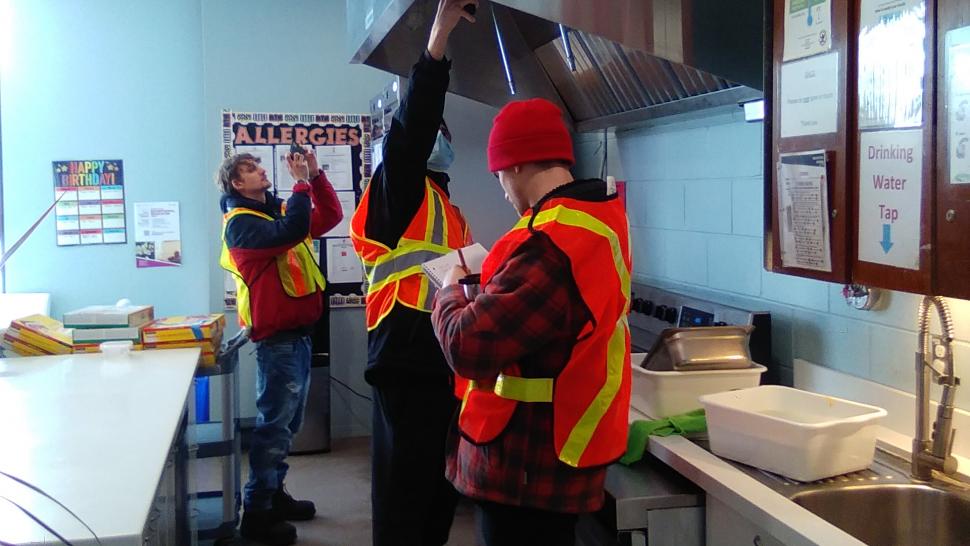
Humber College students are helping with a project that’s working to reduce the amount of greenhouse gas churches emit.
Net Zero Churches began with the Canadian Anglican dioceses of Montreal and Niagara. Their goal is to stop churches from producing greenhouse gases by changing the building’s mechanical systems while also reducing energy use and costs.
“We want other churches to get involved”
Sue Carson is with the Diocese of Niagara and is former chair of its environmental group. She also belongs to the national Anglican environmental committee called Creation Matters Working Group.
Carson met Mark Gibson through the latter and learned about the energy audit work he was conducting at a Montreal church. Carson had been doing similar work for churches in this area.
Together, they decided to establish Net Zero Churches.
“It’s not just Anglican churches, we want other churches to get involved as well,” said Carson.
So far, seven other Anglican dioceses have joined the initiative and recently the Diocèse catholique de St-Jean-Longueuil has as well. Discussions are underway with two other Christian denominations and with a Muslim organization.
Kerry Johnston is a professor and program coordinator for Humber's Sustainable Energy and Building Technology program. Five students from the Energy Auditing course went to the Church of the Incarnation in Oakville to provide a full building audit.
The students were given the building’s plans and went room to room to assess components of the mechanical, electrical and building envelope systems as part of the audit. They also used thermal imaging to see where it was losing energy, which is often from old or poorly sealed windows. The students had access to several years of the church’s utility bills, from when it was using gas to heat the building to when they switched to geothermal in 2019, and conducted an analysis of those.
Supported by course instructor Dragos Paraschiv, the students are now working on a set of energy conservation measure recommendations they will provide to the church.
Johnston noted churches are built and used differently than homes or businesses and this was a unique opportunity for the students.
Johnston said they might partner with the diocese on a capstone project in the future and that the recent audit was a curriculum-integrated activity.
Future collaboration with Humber is possible
The hands-on learning is important, said Johnston, and the students are developing their knowledge and skills. But it can’t be understated that their participation was helping others, he added.
“This isn't simply an assignment or just work that they’re doing. This is something that's going to make an actual difference,” said Johnston.
Carson was appreciative of the students’ efforts and noted that the equipment they brought with them was beyond their resources to purchase. Carson said they’re exploring the possibility of hiring a student in the future to provide energy audits for other churches as part of a work placement.
Watching the students do their audit was beneficial for Carson, who said she learned some new things and got to look through the thermal imaging camera.
Carson has created a self-guided questionnaire for churches to use to explore their energy consumption. So far, 27 churches in her diocese have completed it.
“On their own, churches don’t have a lot of money and if we want to keep them open, we have to make them energy efficient,” said Carson. “With the questionnaire, we wanted them to be able to walk through and check windows and doors. How old was their furnace and how old are the fridges and is the gas water heater in need of replacing with an electric one? Questions like that.”
They will follow up with churches with advice and tips on how to be energy efficient once the questionnaire has been completed and added to the Net Zero Churches database.